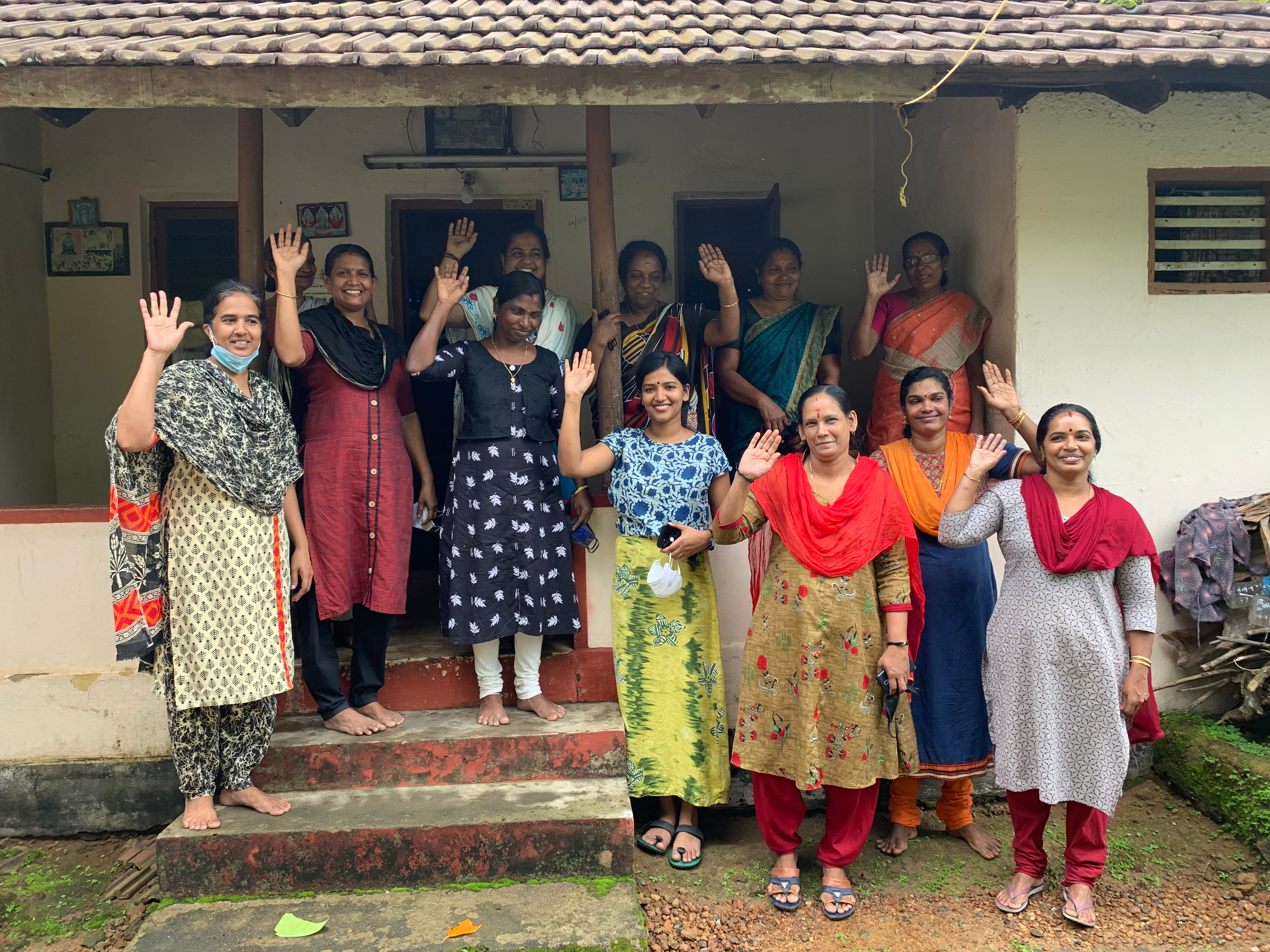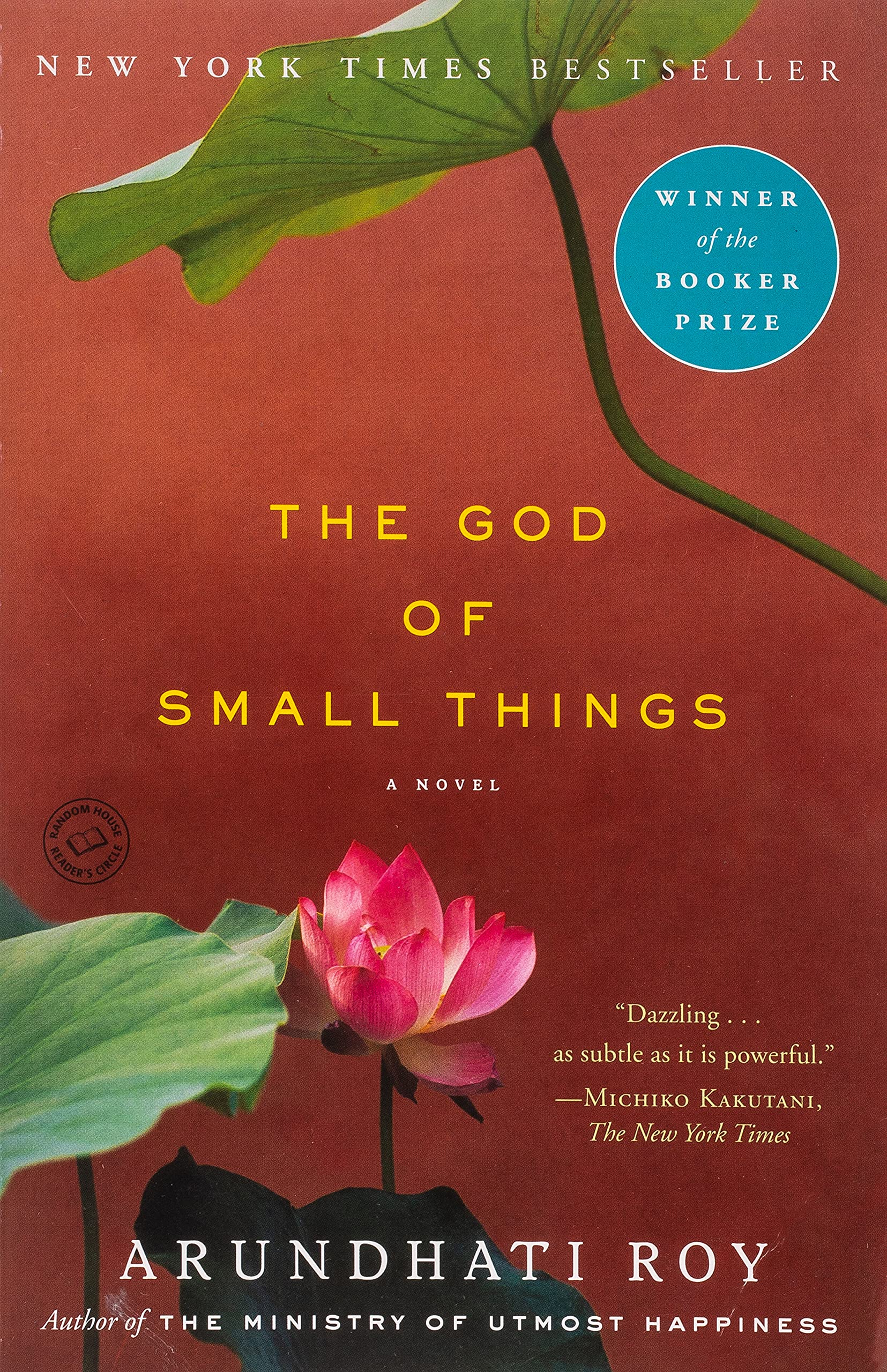Scholar Spotlight: Asha Scaria Vettoor

Discover more Scholar Spotlights.
Asha Scaria Vettoor, a Laidlaw Scholar at Saïd Business School, on running a successful social enterprise and empowering rural women artisans.
.png)
I have spent the last three years founding and building my social enterprise – Swara. For two years, I worked in tribal Dungarpur as a Gandhi fellow, developing principals' leadership skills in 4 government schools to improve the learning conditions of 1500 students. While I was there, I saw a need to provide suitable jobs for women. Swara was founded to fulfill this need by creating jobs with high geographical proximity, flexible work schedules to balance household chores, and a living wage.
During the pandemic, the need for Swara’s work intensified as women artisans lost access to the local market. It became critical for rural women artisans to be digitally connected and to gain access to a global market. We pivoted our on-ground model to facilitate work-from-home for our artisans and to close the digital gender divide.
Swara has grown to become a movement representing the potential of the rural women of India. This new attitude Swara brings to solving a social problem has also been awarded and recognized by prominent organizations. Last year, as the founder of Swara, I was awarded one of Google's "Digital Women Awards" in the category of Social Impact, and I was chosen as a Mentor at the Industry Disruptor program run by UN Women. I also spoke at the first TEDxWomen event organized in the state of Kerala and at a cultural sustainability forum at the British Council, New Delhi.
While we continue to learn, strive, and survive, in the future, I hope to scale Swara’s work significantly and empower skilled yet unemployed women across rural India. The Laidlaw Scholarship will not only allow me to pursue my MBA without a financial burden, but will also provide me with a network of empowered women who can help me refine my idea to make more rural women in India financially independent.
.jpg)
Did you face any challenges while starting your enterprise? How did you tackle them?
I entered the social sector through the Gandhi Fellowship which took me to Dungarpur. First I underwent ‘village immersion’, a month-long process where I lived in a home in the village to better understand the community and the root causes of the problems they face.
One major problem I encountered was job scarcity. While men had the choice to migrate in search of better opportunities, women were forced to stay back and manage the household. 60 out of 100 homemakers that I spoke to in the villages wanted a source of income, and they were willing to go as far as the nearest town (20 km approx.) for it. Exploring the problem further, I found out that the national statistics were similar. The number of women working in rural areas had sharply declined due to the scarcity of suitable jobs in the area.
I approached government bodies and private organizations set up to empower women in Dungarpur and shared key observations made during my Village Immersion. During interactions with these women, I learned that one of the marketable skills that they possessed was tailoring. Incidentally, it was around the same time that my research on the fashion industry led me to learn about its exploitative nature and the need for sustainable fashion. I also saw a market opportunity in the growing youth of India who were demanding businesses to be more socially conscious and environmentally sustainable. These discoveries led me to the idea of using technology to launch a fashion brand to employ these women.
I faced rejections to my proposal from organizations with experience, expertise and resources, so instead, I chose to implement it as my Public Systems project, another component of the fellowship program. Swara was born as a sustainable fashion brand which creates opportunities for women to work without sacrificing their domestic responsibilities.

What is the biggest life challenge you overcame, and what did you learn from it?
I consider myself very lucky. I was born into a loving family, in a time when women in my society can vote, in a place that has food and water. I could go on listing out the numerous things I am grateful for. Being an optimistic person who tries to see the glass half full, answering this question, 'what is the biggest life challenge I have overcome' is a bit of a challenge for me (how meta 😊).
As an entrepreneur, I face challenges every day and every other challenge seems to me to be 'do or die'. I think the biggest challenge as a solopreneur has been to find the intrinsic motivation to go on working on Swara - my small business - even when it seems like we have hit a dead-end. I find it much easier to fight external battles, but even the best days can seem a little exhausting if you’re not able to find the motivation within to make the best of it. It took some years, but I have improved at overcoming this challenge by building a support system of people and activities inside and outside the organization to keep myself motivated.
What is the best piece of advice you have been given?
“You have infinite potential. You’re only limited by your imagination.”
One of my mentors told me this when I was struggling with finding motivation during the pandemic, resources seemed scarce, and my imagination was limited to just survival – not only for myself but also for my business. These words of encouragement helped me dream big and I can confidently say now that I (and Swara) have not only survived the pandemic, but we’ve grown during these difficult months.
What is the worst piece of advice you have been given?
“That’s unrealistic. I don’t want you to have your hopes up only to be disappointed.”
This is by far the WORST advice I have been given and the most frequent one I have seen people around me receiving or giving. I believe that every time I have taken this advice, I have, without intending to, been unfair to myself. By protecting my feelings from disappointment, I have let go of a chance to really push myself to attain my full potential. There will be times when I take this advice in the future, but I’ll try my best not to. I’ll try to always see that “I’m only limited by my own imagination.”
Top 3 tips that will help someone become a better leader
- See the world - I love travelling but I don’t believe one needs to travel to see the world. I try to see the world that is outside my bubble. I believe there are many things around me that I don’t even know that I don’t know. There are so many worlds existing all around us, and I try my best to keep my eyes, ears, mind and heart to experience them. Be open to things that are different from your reality.
- Take care of yourself - Don’t wait to burn out to realise the importance of taking care of yourself. It begins and ends with you and the goal is to sustain. Your leadership needs to be around for a long time.
- Believe in yourself - “You have infinite potential. You’re only limited by your imagination.” Surround yourself with people who will tell you this. Find the 5 people in your life who are closest to you and tell them this sentence. Ask them to remind you of this when you’re feeling dejected.
Which leaders in the world inspire you the most and why?
My parents are a huge source of inspiration for me. How they deal with the people around them and how they have built their businesses, their family and their life inspires me. The balance of humility and confidence that my parents have achieved is something that I aspire to have someday.
What does it mean for you to be a Laidlaw Scholar?
To me, being a Laidlaw Scholar means building a future where purpose and profit go hand in hand.
My purpose is to build a company that empowers rural women artisans while also making beautiful, environmentally, and culturally sustainable clothing that consumers deserve and demand. I strongly believe that this purpose matches with the values of the Laidlaw Foundation.
Quoting a line that stood out to me from the purpose statement of the Laidlaw Scholars Ventures: 'We believe that leaders should not choose purpose or profit. It is a fallacy to suggest that they are in opposition. Purposeful business, with ethical leaders, are also the most profitable'. I believe so too, and I see nothing stopping me from becoming that ethical leader who can drive the mission to global heights, thanks to the environment provided to me by the scholarship.
Briefly describe a scene from the future you are striving to create.
…..6 women from all parts of India, from all socio-economic classes, sitting and having a cup of Chai. They are talking about their struggles, their joys. They are sharing their own unique world, with confidence, without fear of judgement. They are also listening to each other with curiosity, with compassion and empathy.…....
I believe all human beings are intrinsically good. Empathy and compassion are universal traits. What we lack is context. We don’t know enough about the people who are not in our same socio-economic class. If only we could provide more opportunities for different people to come together on equal terms and just share their struggles and achievements candidly. This is what will lead to groundbreaking ideas and innovations that would end the ever-increasing inequality between us all.
Quick-Fire Questions
📺 Currently binging: Money Heist

🎵 My quarantine anthem: What A Life by Scarlet Pleasure
📚 My top book recommendation: God of Small Things by Arundhati Roy.

🎧 Podcast obsession: Reimagine by Peter Drobac
.png.jpg)
🌈 Something that made me feel joy recently: Celebrating my 1 month anniversary of living alone in a foreign country (I moved to Oxford for my MBA a month back.)
❤️ A cause I care about: Check out beautiful apparel handcrafted by rural Wonder Women on my company's Instagram account @SwaraVOW.
Asha is a Laidlaw Scholar at Oxford University's Saïd Business School. The Laidlaw Women's Business Education Scholarship aims to help build a pipeline of future women leaders through access to best-in-class education, resources and global networks by providing full and half scholarships to women who would not otherwise be in a position to reap the benefits of attending an outstanding school.
🔦 Discover more Scholar Spotlights:
-
Xuerui Yin on overcoming societal norms, creating opportunities for underrepresented groups, and working with compassion.
- Paseka Khosa on overcoming financial hardship and advocating for unwavering belief in oneself.
-
Fisayo Adeleke on her mission to increase women's access to opportunities, and dealing with uncertainty.
-
Helena Couto on breaking out of your pre-defined place in society, and larger than life goals.
-
Pamela Flores Mónico on creating impact through business for development, trailblazing, and staying true to yourself.
-
Amazing-Grace Makusha on helping businesswomen in Zimbabwe succeed, the importance of rest, and your exact brand of weirdness.





Please sign in
If you are a registered user on Laidlaw Scholars Network, please sign in